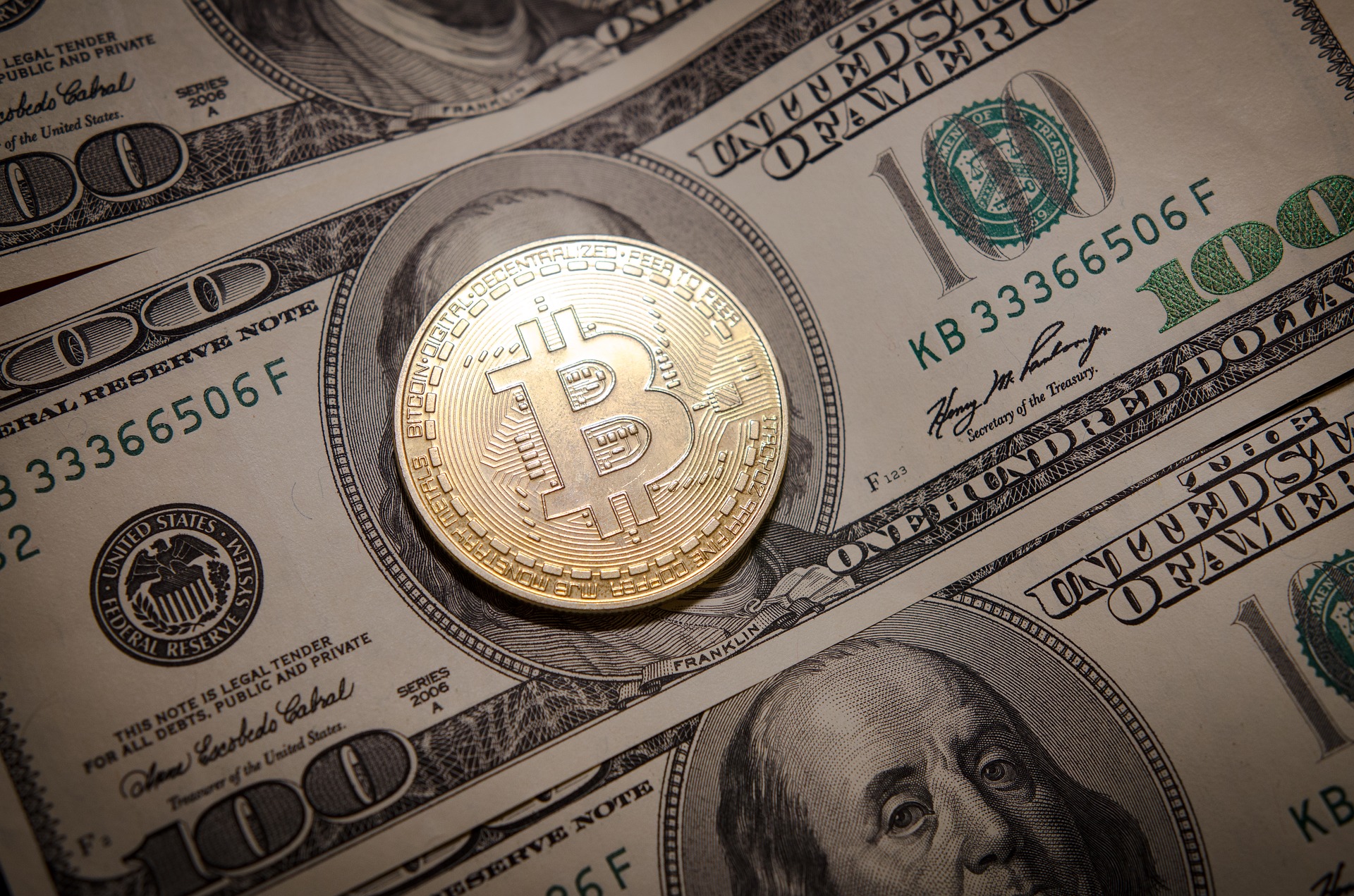
DeFi: Decentralized Finance
DeFi, or Decentralized Finance, refers to a parallel financial system that consists of open-source financial projects that have a public and decentralized governance and execution, and are permisionless. These financial products are based on blockchain technology and smart contracts, and have an immutable and public record of all movements.
They are expected to have a strong impact on the financial world due to the great innovation they bring, offering alternatives for more and more financial products. DeFi aims to offer financial services in a transparent and public way, without bureaucracy or intermediaries, for anyone with access to the Internet.
“a strong impact on the financial world”
Key features of DeFi
- They are based on blockchain technology and smart contracts.
- Decentralization.
- Security. They use cryptographic techniques that protect the access and use of the platform. It is an area that needs improvement since several platforms have suffered hacks.
- Transparency. They are auditable as they are open-sourced and everything is registered in the blockchain.
- Access without limits or borders. DeFi offers financial products to people anywhere in the world without access to a bank account.
- Absence of intermediaries.

Currently, most DeFi protocols are built on the Ethereum network, but numerous protocols exist on many other networks. All kinds of services are already offered, such as DEX (Decentralized Exchange), lending protocols, payment systems, banking services and financial insurance. The following are some examples:
Decentralized Exchange
Also known as DEX, they are platforms that allow the exchange of cryptocurrencies anonymously. Users access through their wallet (with their private key) and can operate without intermediaries.
Loans
DeFi allows users to lend their cryptocurrencies to other people, earning an interest for it. It also allows borrowing cryptocurrencies by delivering collateral as a guarantee, establishing the conditions through smart contracts.
Stablecoins
Linked to stable currencies such as the dollar or assets such as gold, with the aim to eliminate the high volatility associated with cryptocurrencies. They can be transferred anywhere in the world and can be used to earn an interest.
Risks
The DeFi world is full of risks.
- Incomplete decentralization. Many protocols have some centralization that allows quick action if necessary (for example, in MakerDAO there is an “emergency shutdown” option in case investors are at risk of suffering large losses due to collateralization problems in the protocol).
- Security. Many platforms have suffered theft due to security flaws in smart contracts.
- Complexity of the platforms. Using dapps correctly requires learning since most people do not know the terms and technology used.
- Scams.
In conclusion, the world of DeFi will become increasingly important due to the innovation it entails and brings to the financial world, creating new paradigms through decentralization and blockchain technology that allow financial services to be provided without intermediaries.

